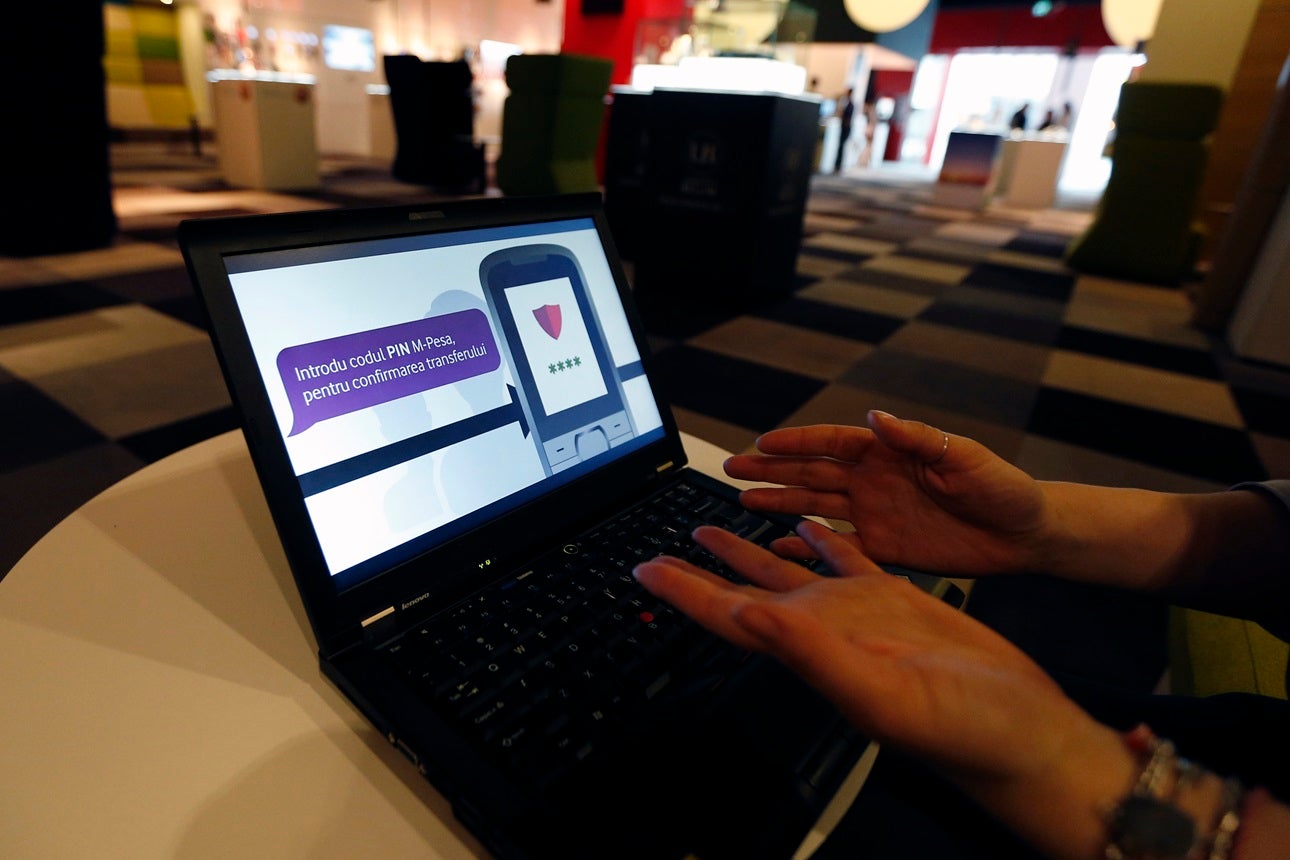The WHO rallies Africa’s tech leaders to innovate to defeat COVID
Dr. Moredreck Chibi talks about the WHO-Africa's first hackathon to build tools to help the continent fight COVID

The COVID pandemic has health leaders around the world scrambling for tools to slow the spread of the virus, identify cases of COVID, treat symptoms, and save lives. Dr. Moredreck Chibi, the World Health Organization’s Regional Adviser for Innovation and Digital Health for Africa, has turned to one unexpected tool to fight COVID-19: hackathons. First developed in 1999 as a marathon competition between teams of software developers, hackathons have more recently been harnessed to accelerate innovations in global health. Exemplars News spoke with Dr. Chibi about the WHO’s support for hackathons that are challenging technology professionals across the African continent to innovate to stop the spread of COVID.
How do hackathons work?
Dr. Chibi: You bring teams of people with skills in technology and software together to develop solutions to very specific problems that are outlined in detail. A hackathon should not be shooting in the dark. You need to know the problem extremely well and then you co-create the solution with innovators. It is a focused exercise and with very specific deliverables. The participants work in groups and compete against each other over, usually, a very short timeframe, such as 24 or 48 hours. Their proposals are then evaluated by a team of experts and the winning innovations receive a prize and sometimes work in partnership going forward to implement and scale their idea.
Why did the WHO decide to host a hackathon for COVID in Africa?
Dr. Chibi: We wanted to leverage African technology leaders to collaborate on developing the solutions that can be innovated, implemented, and scaled here on the continent. Africa is endowed with young people with a high level of ingenuity and a growing tech sector that can and should be part of the solution. We know that they want to part of the solution. It is up to us to open the door to them. And that is what we are doing with our hackathons, opening the door to collaboration. Young people are eager to work together to solve problems.
COVID gave us a great opportunity to launch our first hackathon, because it highlighted a few key challenges. So, in April 2020, with a clear and detailed understanding of the pain points related to COVID – pain points that we knew could be solved if a group with the right minds and skill set got together – the WHO launched its first hackathon. The Massachusetts Institute of Technology sponsored a similar hackathon to address COVID-related challenges in Latin America.
What problems were you trying to address in that first hackathon?
Dr. Chibi: We had a few key challenges we wanted to address related to contact tracing, case management, coordination, testing, and diagnosis, among others. For example, we wanted to develop tools to allow frontline health workers to collect data where there is no internet. We also wanted to improve contact tracing tools for public transit in Africa. We needed these solutions to be low cost and scalable.
What solutions from that first hackathon were eventually implemented and scaled?
Dr. Chibi: One innovative solution that came out of our hackathon is called mSafari – Safari means journey in Swahili. It is an application for contact tracing. Public service vehicle operators and passengers in Kenya are required to provide information that helps trace the movements of people who have contracted the coronavirus. All public drivers or operators are required to enroll using their vehicle registration numbers and collect details of every passenger. The solution is USSD-based, thus will cover all commuters even those with non-smart phones.
The application is expected to trace all the contacts made by an infected person inside public vehicles. mSafari has now been integrated with a payment gateway and partnered with Co-operative Bank of Kenya to ensure security and integrity of all digital payments.
Another example is NextGenCoviAI, which is a series of next generation COVID-19 AI-empowered management platforms for resource constrained areas. This has the potential to help hospitals handle infectious disease outbreaks like COVID-19 by monitoring essential services like inventory and human resources; patient information. It also supports potential collaborations between COVID-19 screening-hubs, cancer units, and referral hospitals with key stakeholders like ministries of health. This innovation was selected among the top three from the WHO-AFRO Digital Hackathon on COVID-19. It is being implemented in Uganda at the Mbarara Regional Referral Hospital as a data collection tool.
Once fully implemented Uganda's Ministry of Health can register all the screening hubs, isolation centers and health units on the platform to support online collaboration and telemedicine, view patient data in real time at health units, manage human resources, allocate resources, plan and make demand forecasts based on real-time statistics, as well as provide instant communication to the public health units.
You’ve mentioned that hackathons are a useful tool when you have a good sense of the problem and know that there is a probable technological fix. When are hackathons not appropriate?
Dr. Chibi:It is important to understand that hackathons on their own don’t solve anything. They provide leads and can help accelerate technological leaps. But those technological leaps then need funding to be developed, tested, and scaled. So, we need to be clear that hackathons are just a means toward focusing attention on a specific problem.
When are the WHO’s next African hackathons and what problems will it focus on?
Dr. Chibi:The next series of the hackathons will be country specific. We hope to apply the same principles in developing solutions for pressing challenges at the country-level, leveraging local innovators to come up with solutions that their countries are facing.
